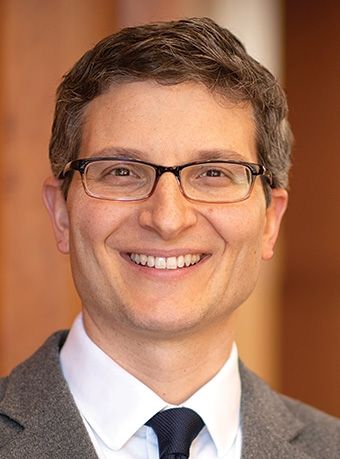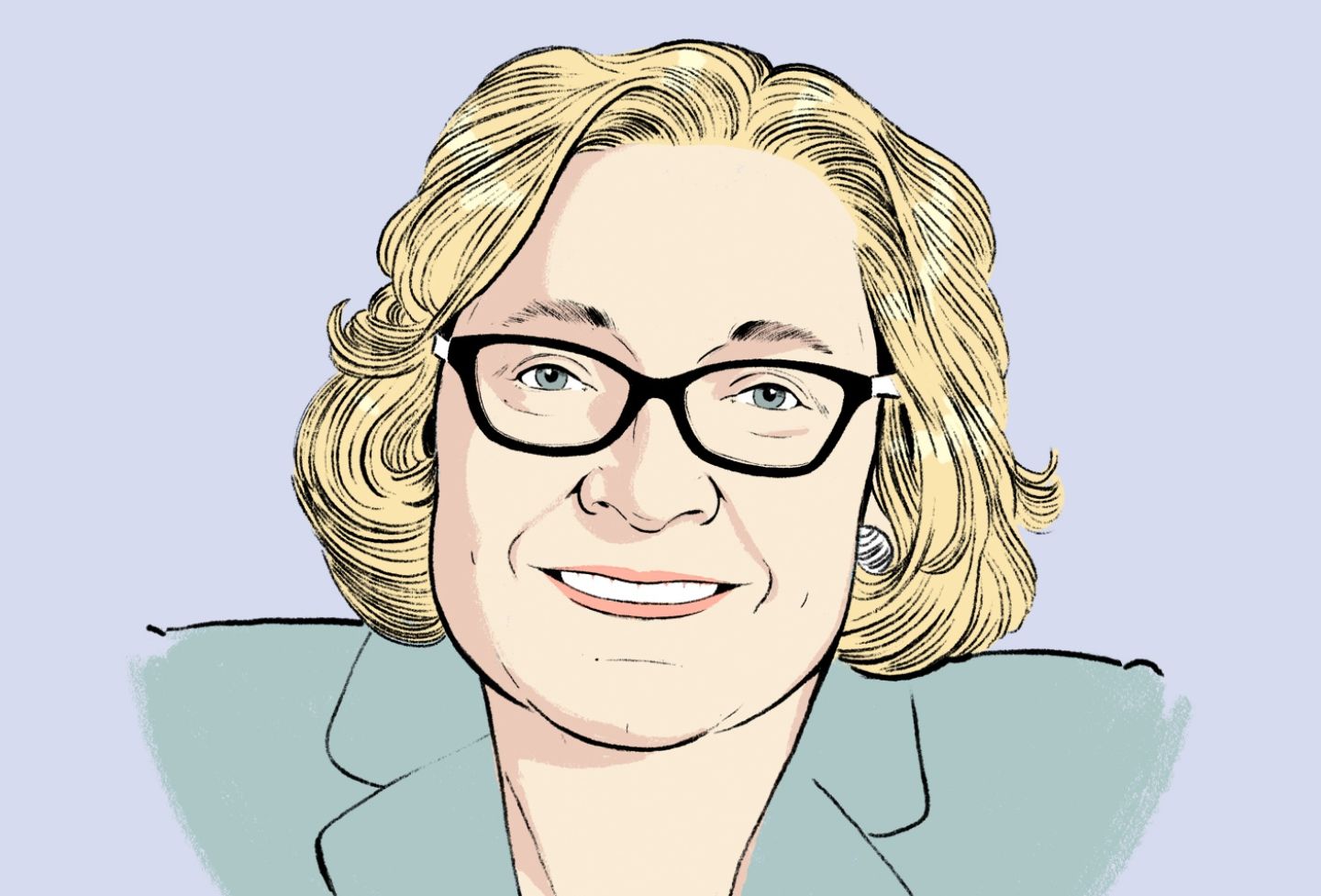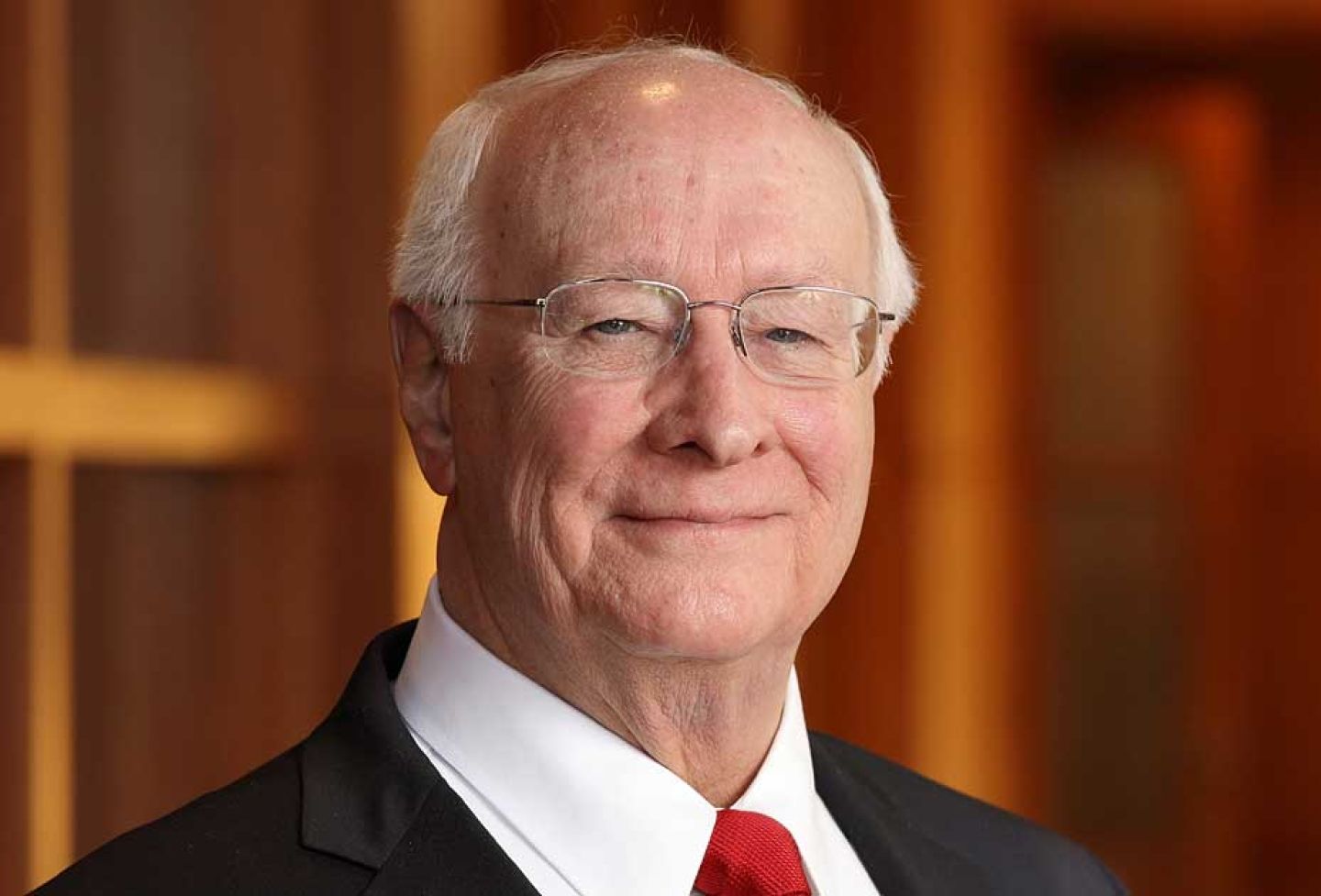Every time there is a major election, television news crews pan the long lines of noble citizens waiting cheerfully to perform their civic duty.
But what of those voters unable to stay? Researchers know that when lines get long, whether a person is waiting to vote or buy groceries, some who are waiting will abandon the queue — known as “reneging.”
Professor Michael Gilbert and other academics studied voter lines in 2016 in 28 election jurisdictions across the United States. The study, titled “Waiting to Vote in the 2016 Presidential Election: Evidence from a Multi-county Study,” is believed to be the largest review of its kind.
Gilbert spoke to UVA Lawyer about the results, which, among other things, have implications for the ongoing debate about voter ID laws.

Michael Gilbert
How did you get involved in this very large poll-watching project?
I was recruited, along with other law and political science professors around the country, by Charles Stewart, a political scientist at MIT who specializes in the empirical study of voting.
Did you utilize law students to help monitor the lines in Albemarle County?
Yes, it was a combination of law students, whom I organized, and undergraduate students, whom Professor Charles Kromkowski in the UVA Politics Department organized.
What are the study’s most important findings?
Three findings stand out. First, voter identification laws, which have generated a lot of controversy, decrease the time to vote in majority-white polling stations. This is probably because such stations have machines that can swipe drivers’ licenses, collecting voter information more quickly than through manual entry. But those same voter ID laws increase the time to vote in polling stations in which the majority of voters are minorities. Presumably, this is because fewer people in those locations have a valid ID, but they do not discover this until they reach the front of the line and talk to a poll worker, causing delays.
<p>Second, same-day registration slows down the line. This is predicable when you think about it. Some voters at the front of the line are doing two things — registering and voting — rather than just one, voting. Still, it’s worth reflecting on. Many people favor same-day registration on the grounds that it makes voting easier. That might be true all things considered, but it does have a crosscutting effect. People have to wait longer, and at least for some people — including people who are already registered to vote — this discourages them from voting at all.</p>
<p>Finally, the data suggest a simple prescription for improving wait times: increase the number of poll workers.</p>
What did this study confirm from past studies, and what assumptions did it call into question?
First, an important, earlier study found that electronic voting machines increased the time to vote in comparison with paper ballots. A hypothesis — there were others — was that voters were not familiar with the machines and found them difficult. Our study doesn’t find that. We think that voters have, over time, become familiar with the machines, so they no longer cause delays.
Second, the study confirms earlier ones: Voting takes longer, as I’ve stated, in majority-minority polling stations than in majority-white polling stations. This distressing disparity is a consistent feature of our election system.
What are the implications for the next election?
The debate over voter ID laws will rage on, and our study might add fuel to the fire.
Is the bigger issue here making one’s vote count or voter confidence?
Both. We want the votes to count, obviously, but we also want people to believe, correctly, that elections work. There’s ample evidence that long lines undercut voter confidence.
Gilbert is the Martha Lubin Karsh and Bruce A. Karsh Bicentennial Professor of Law. He teaches courses on election law, legislation, and law and economics.
More Stories on What’s Next for Democracy
- ’20 Questions with Trevor Potter ’82, President of the Campaign Legal Center
- Professor Deborah Hellman Examines Quid Pro Quo Demands
- Karsh Center Explores Key Issues Facing Democracy
- Karin Lips ’09 Founded Org Supporting College Women Who Lean Right
- Is It Time to Rethink the ‘Marketplace’ and Our Tolerance for Falsity?
- Katie Townsend ’07 and Jennifer Nelson ’11 Protect Free Speech
- Professor Saikrishna Prakash's New Book Examines Modern Executive Reach
- U.S. Rep. Sean Patrick Maloney ’92 Reflects on Two Impeachments
- Professor Mila Vesteeg Looks at Executive Overstay Worldwide



